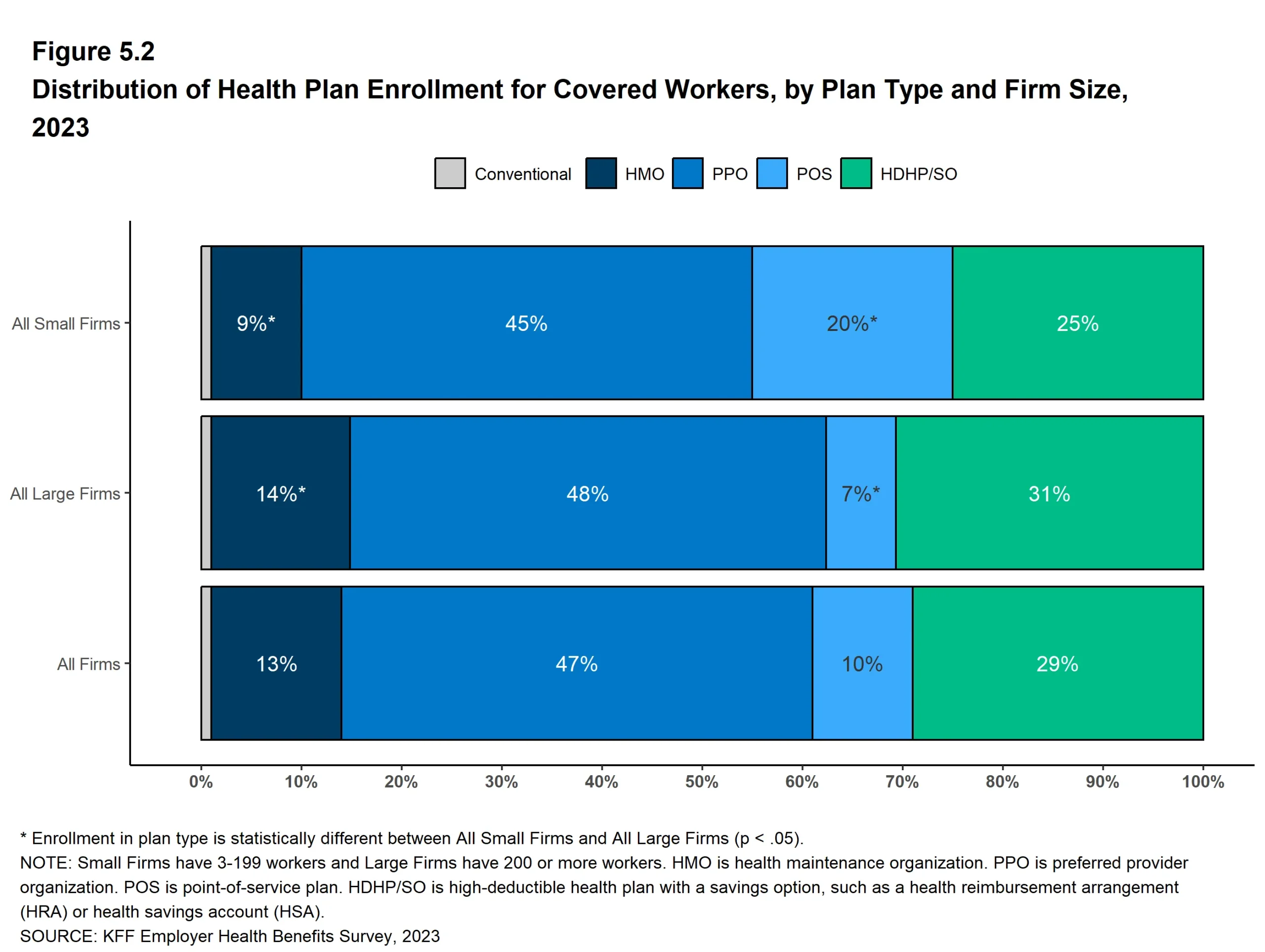Alright, so let me walk you through this whole “international pps” thing I’ve been messing around with. It’s been a journey, lemme tell ya!

It all started when I was trying to get my app working smoothly for users all over the globe. Payments, specifically, were a pain. I needed to handle different currencies, comply with local regulations, and generally make sure people could actually give me their money without a massive headache. So, I started digging into the wonderful world of international payment processing.
First thing I did was a ton of research. I spent days reading up on different payment gateways, comparing their fees, currency support, and integration options. PayPal was an obvious one, but I also looked at Stripe, Adyen, and a bunch of smaller players. I made a spreadsheet (yes, a spreadsheet!) to keep track of all the pros and cons.
After the research phase, I decided to give Stripe a shot. Seemed pretty developer-friendly, and their documentation was actually decent. The first thing I did was create a test account and start playing around with their API. I basically followed their quickstart guide, setting up a simple “buy now” button that would charge a fixed amount in USD.
That part was relatively easy. The real fun started when I tried to handle different currencies. Stripe supports a bunch of them, but you need to configure it correctly. I had to figure out how to detect the user’s location (based on their IP address, I used a free API for that), then display the price in their local currency. I also had to deal with currency conversion rates, which fluctuate all the time. I ended up using another API to get up-to-date exchange rates.
Next up was dealing with regional payment methods. In some countries, credit cards are the preferred way to pay, but in others, people use things like bank transfers, mobile wallets, or local payment systems. Stripe has some support for these, but it can get complicated. I had to research which payment methods were popular in different regions and then figure out how to integrate them into my app.

Security was also a major concern. I had to make sure I was handling sensitive payment information securely, complying with PCI DSS standards, and protecting against fraud. I ended up using Stripe’s built-in fraud detection tools and also implemented some additional security measures of my own, like rate limiting and IP address blocking.
Testing, testing, testing! I spent a lot of time testing my payment integration in different countries and with different payment methods. I used a 加速器 to simulate different locations and created test accounts with different currencies. I also had a few friends in other countries help me test things out.
Finally, after weeks of coding, testing, and debugging, I got everything working pretty smoothly. My app can now accept payments in multiple currencies, using a variety of payment methods, from users all over the world. It was a tough project, but it was definitely worth it. Users from different countries can now happily use my app.
Here’s a quick recap of what I did:
- Researched different payment gateways
- Chose Stripe and created a test account
- Implemented a basic payment flow in USD
- Added support for multiple currencies
- Integrated regional payment methods
- Implemented security measures
- Tested everything thoroughly
It’s still a work in progress, of course. I’m always looking for ways to improve the payment experience and add support for more currencies and payment methods. But overall, I’m pretty happy with how it turned out.

Hopefully, this gives you a good idea of what’s involved in setting up international payment processing. It’s not easy, but it’s definitely doable. Just be prepared to spend a lot of time researching, coding, and testing.
Good luck!
